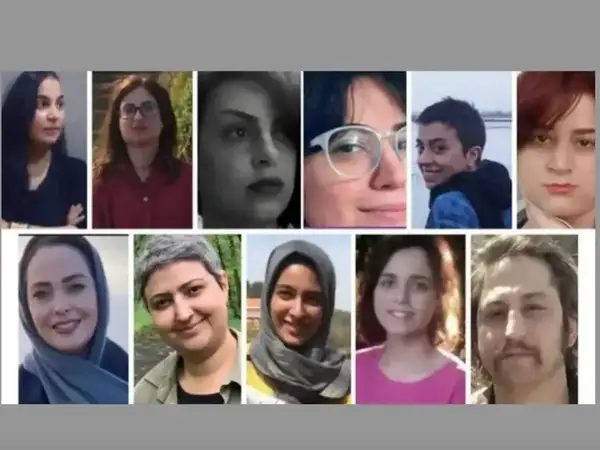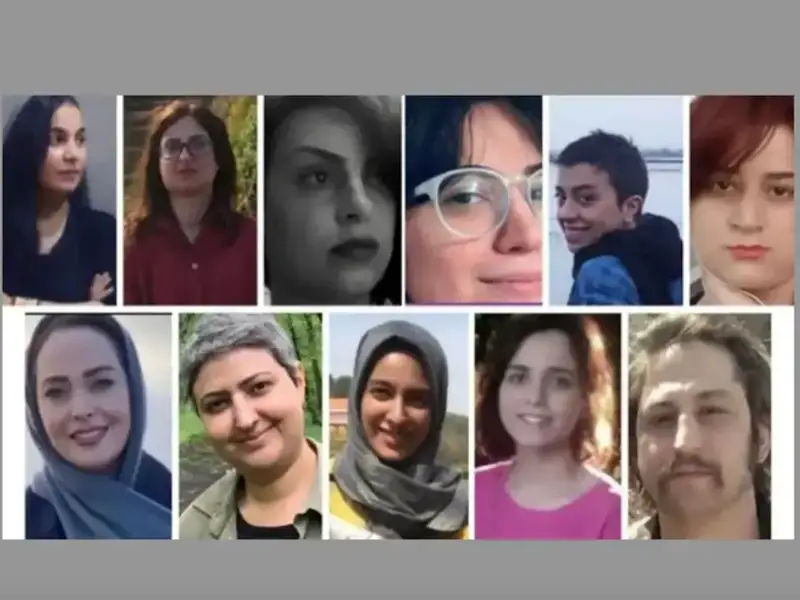Eleven women's rights activists in Gilan province, north of Iran, who were detained in August, have been collectively sentenced to more than 60 years in prison.
Mostafa Nili, the lawyer representing two of them, disclosed details on Wednesday. The women were each sentenced on charges including "membership in an illegal group," and “propaganda against the system."
Their arrests came just a month before the anniversary of Mahsa Amini's death in morality-police custody after being arrested for defying the mandatory hijab in September 2022.
The authorities often employ tactics such as arbitrary arrests, intimidation, harassment, and even violence to suppress opposition voices and maintain control. Human rights defenders, journalists, students, and members of minority groups are particularly vulnerable to persecution.
The government frequently justifies the crackdowns under the guise of national security or combating threats to the Islamic Republic's ideological integrity. Despite international condemnation and calls for reform, the Iranian regime continues to tighten its grip on civil liberties, creating a climate of fear and censorship that restricts freedom of expression and assembly within the country.
Since 2018, growing numbers of women have been arrested in Iran including activists, students, lawyers and even revolutionary insiders, such as Faezeh Hashemi, the daughter of former President Hashemi Rafsanjani, who criticized the regime or participated in protests.
Journalists have also suffered increasing crackdowns including the arrests of Niloofar Hamedi and Elahe Mohammadi, who were among the first to report the 2022 death of Mahsa Amini.
The regime has also imprisoned female lawyers who represented prominent activists, dissidents or political prisoners, according to the Center for Human Rights in Iran.
Rights group Amnesty International branded the crackdowns part of an "escalating crackdown to quash Iran’s civil society.” Lawyers and others affiliated with the Defenders of Human Rights Center advocacy group have been subjected to “excessive sentences and punishments for engaging in regular professional activities,” the organization said.

